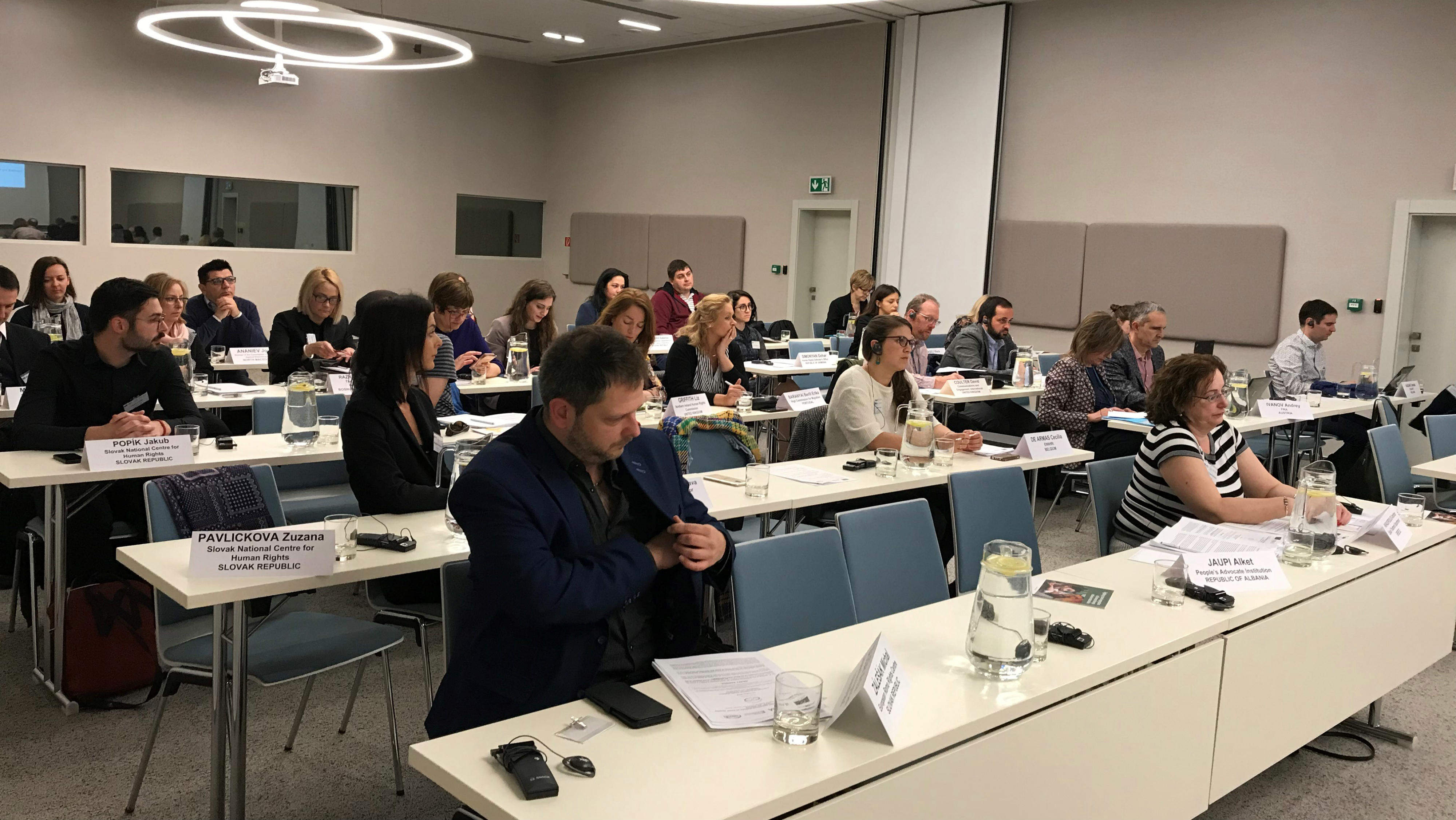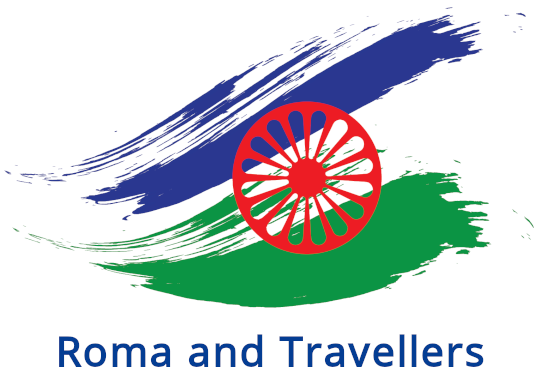Representatives from equality bodies, human rights institutions met in Bratislava to discuss the rights to quality and inclusive of Roma and Traveller children in the Council of Europe member states
The 6th Meeting of the Operational Platform for Roma Equality[1] (“OPRE”) held in Bratislava, 14- 15 May 2019 focused on the rights of Roma and Traveller children in the Council of Europe member states in the framework of the 30th Anniversary of the International Convention of the Rights of the Child (UNCRC). The meeting was hosted by the Slovak National Centre for Human Rights.
Over 40 representatives from equality bodies, human rights institutions and other human rights defenders from over 15 Council of Europe member states[2] together with representatives from the European Union Agency for Fundamental Rights, the European Commission and the OSCE-ODIHR, discussed the right to quality inclusive education and to a life free of discrimination with a focus on school (de)segregation viewed through the role of human rights and equality bodies in safeguarding the rights of children.
The meeting was opened by Mr. Peter Krajňák, Secretary of State of the Ministry of Education, Slovak Republic, Mr Thorsten Afflerbach, Head of Division for the Roma and Travellers Team, Council of Europe and Ms Katarína Szabová, Executive Director, Slovak National Centre for Human Rights followed by an Introductory Address by Ms Katarína Deáková, Head of Department, Department of Section Topics in Education, Section of National and Inclusive Education, Ministry of Education, Science, Research and Sport of the Slovak Republic.
Concerns were raised regarding the increase of the practice of segregated schooling particularly for Roma children, despite existing anti-discrimination legislation and policies and extensive case law from the ECtHR. School segregation is one of the worst forms of discrimination and a serious violation of the rights of children. Conclusions and recommendations emanated from the meeting, highlighted the need to combat anti-Gypsyism, to implement clear and effective desegregation strategies, ensure equal access to quality and outcomes based education and to further promote inclusive pedagogy in schools.
To learn more about the work of the platform click here.
[1] The COE-FRA-ENNHRI-EQUINET Operational Platform for Roma Equality (OPRE) launched in 2015 is a commitment of national, European and international human rights institutions and equality bodies to work together to strengthen human rights protection of Roma and Travellers in Europe by fighting discrimination, protecting and promoting human rights, democracy and the rule of law.
[2] Albania, Armenia, Austria, Belgium, Bosnia and Herzegovina, Czech Republic, Georgia, Greece, North Macedonia, Portugal, Serbia, Slovak Republic, Slovenia, United Kingdom and Kosovo[3]
[3] All references to Kosovo, whether the territory, institutions or population, in this text shall be understood in full compliance with United Nation's Security Council Resolution 1244 and without prejudice to the status of Kosovo.




